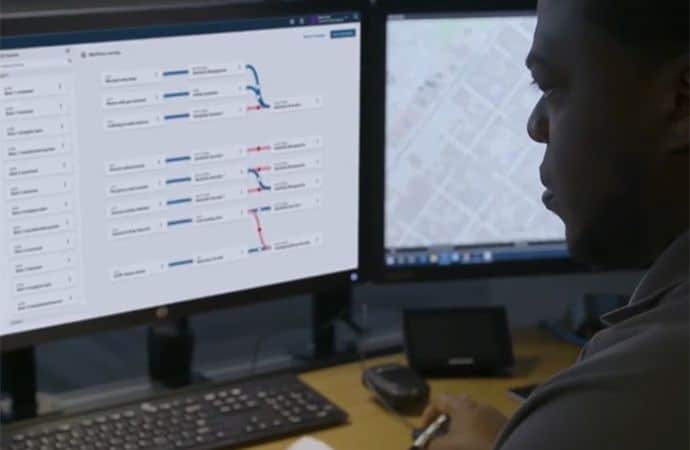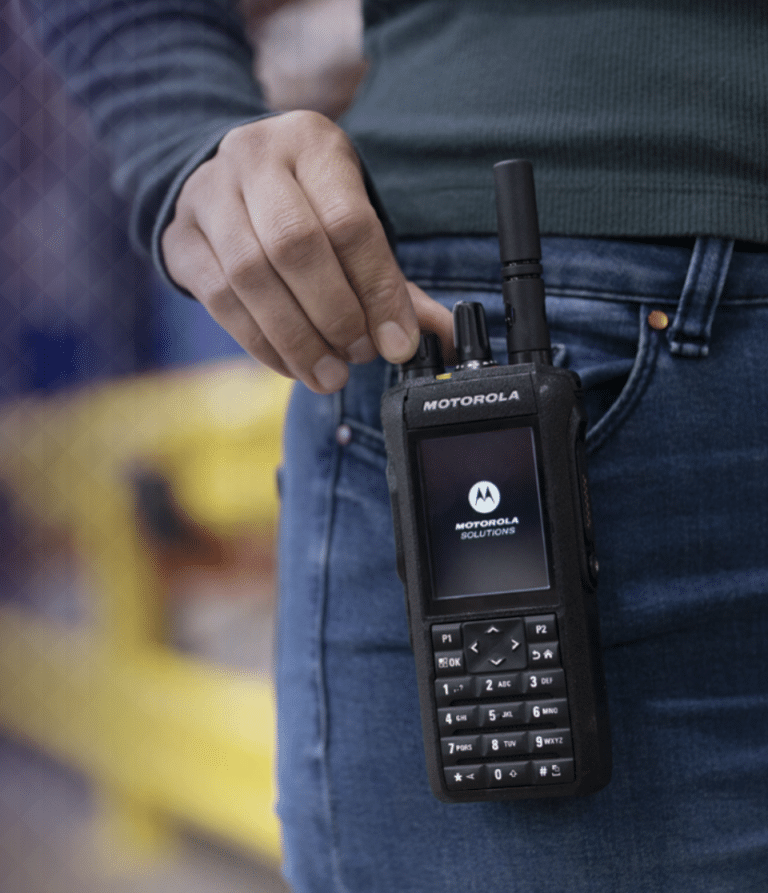It’s go time for medical cannabis in Missouri as licensing begins for production and manufacturing businesses creating the state’s new cannabis supply chain. Missouri’s security requirements for cannabis operations will be stringent so companies need to start setting up for compliance.
“Overlooking state security requirements puts all of the time and money you’re investing in jeopardy,” says Mike Markham, Commenco’s Director of Technology Solutions. “Planning for compliance should be high on your priority list right now, not later.”
Markham has experience working with cannabis operations in the early days of legalization in Colorado and says security takes on a whole new significance in a cannabis operation.
“This is a highly regulated industry and compliance is fundamental to staying in business. Unlike other industries, security is far more than just a good idea for protecting assets. It’s a fact of life.”
Regulation means following strict rules or risk losing your license, and you can count on surprise inspections. Markham expects Missouri will take inspections very seriously.
“They’re going to be all over every aspect of this industry because it’s new and involves a controlled substance. State regulators take no chances and won’t likely let anything slide. The good news is commercial security systems are not as expensive as you might think so there’s really no excuse for cutting corners.”
If you plan for security now, you should be in good shape for compliance, and these three security strategies will help you hit the ground running.
#1: Access Control
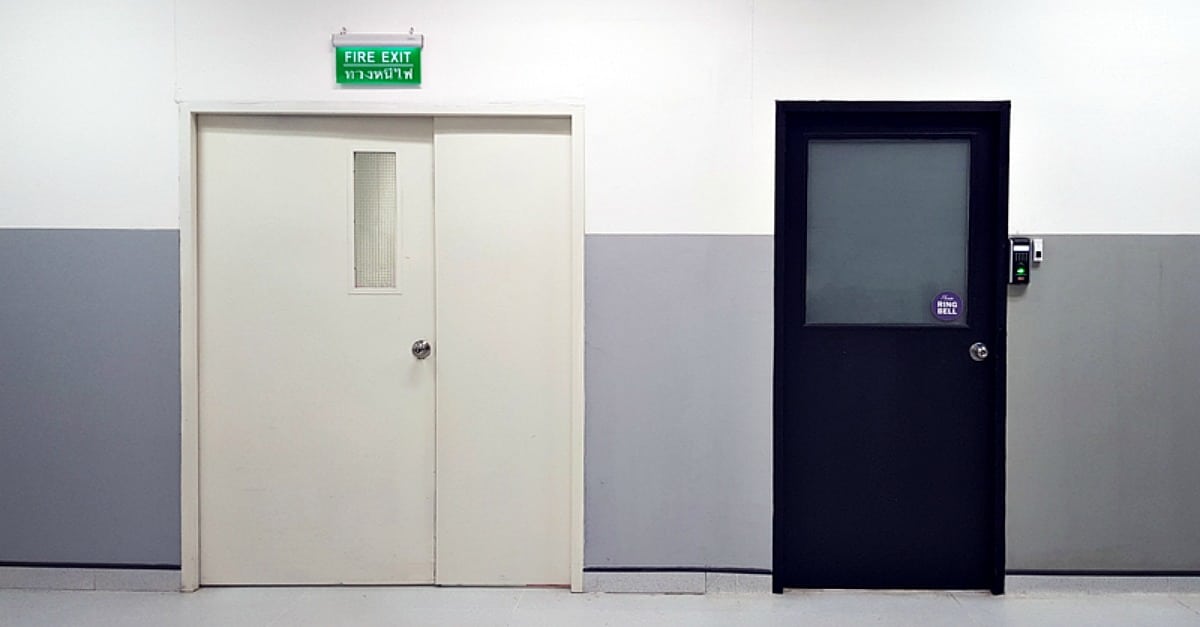
Forget traditional keys. At the heart of your cannabis operation’s security responsibility is advanced access control. Missouri requires key cards or biometric technology to control access in and around your facility.
“Many cannabis businesses will skip right to biometrics as a smart, long-term investment,” says Markham. “It’s hard to beat the personalization, flexibility and easy coordination of systems centered on fingerprints or retinas rather than programmable assets like key cards.”
Markham warns that the rules will apply to all access points, not just main entrances. He says the responsibility of access control includes verifying control.
“Even if there’s a side or back door that your operation never uses, you can’t just lock it and forget it. You’ll have to prove through documentation that the door is never opened. Verification is just as important as control. You’re accountable for all access points whether you use them or not.”
Missouri regulators will expect you to keep access records for a full year. That’s extraordinary in Markham’s view, and a detail that may be easy for a business owner to overlook.
“30, 60 or even 90 days is common in other industries. A year is a long time. Imagine regulators having questions about someone who entered your business twelve months ago on a specific day at a specific time. You’ll have to make sure they have easy access to that information, so a properly configured commercial system is a must.”
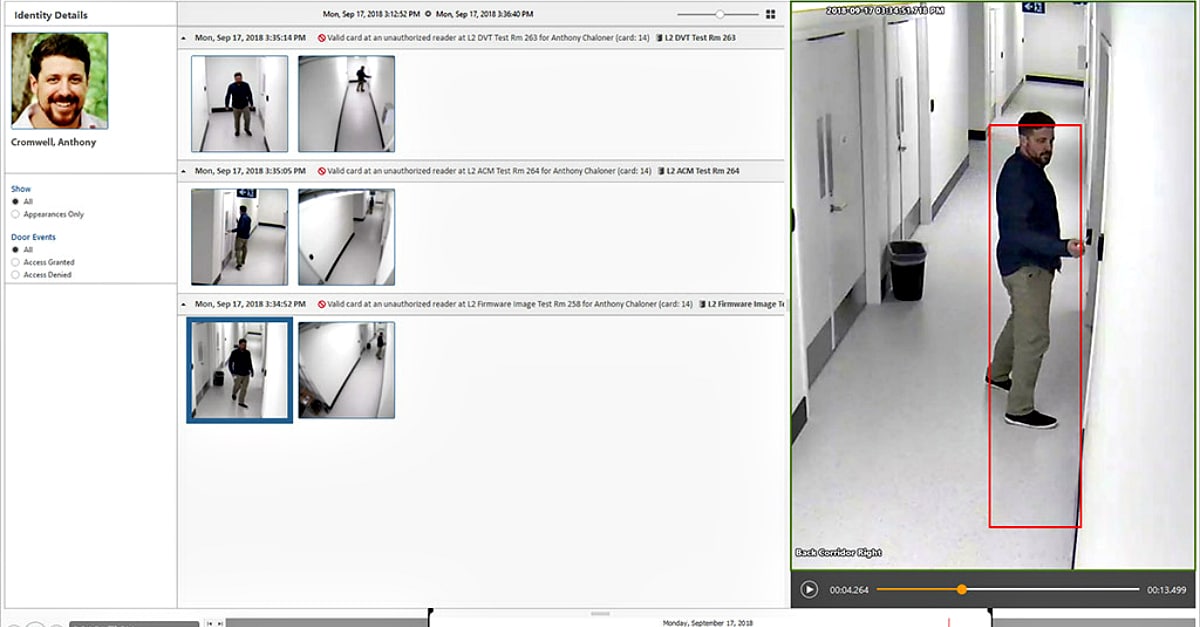
Commercial access control systems are pretty high tech, but you’ll need a low tech back up. Missouri requires access control even when the power goes out.
“Electronic access control systems usually default to open during a power outage because you don’t want people trapped behind locked doors,” explains Markham. “So cannabis operations will need a battery backup to keep their facilities secure even when the power’s out.”
Additional state access control requirements apply to sensitive areas within a cannabis operation such as a vault or safe. And systems will need to be configured to immediately notify local law enforcement in the event of a security breach.
“More reasons not to try to cut corners with access control,” says Markham. “A good commercial system will have the capabilities you’ll need to comply with additional requirements.”
#2: Network Surveillance
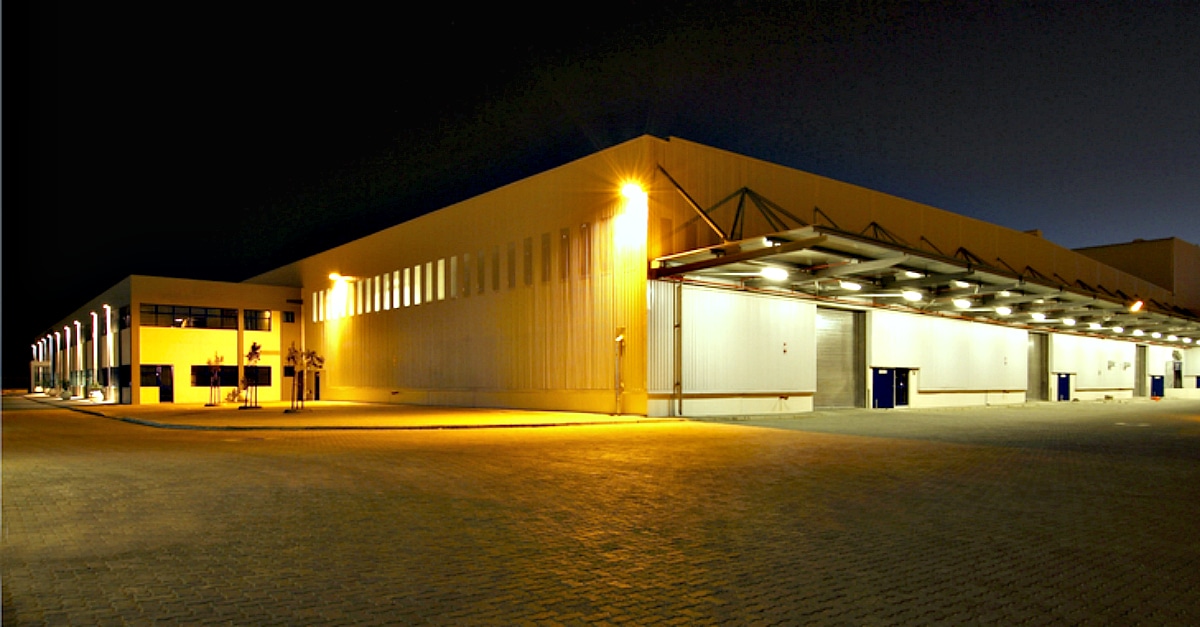
Lighting isn’t only used for growing cannabis plants. Good lighting is also needed to keep your entire operation visible to surveillance cameras. Whether you’re growing, manufacturing, or selling to cannabis card holders, you can be sure Missouri regulators will expect to see everything happening in and around your cannabis operation.
“The reality is most commercial surveillance cameras now perform really well in low light, but cannabis regulators don’t want anything left to chance,” explains Markham. “They want the ability to see everything clearly. In addition to having a surveillance system that meets the minimum specifications required by the state, good lighting is needed throughout your facility, especially the exterior.”
Motion sensors can help too and are becoming more common in industrial operations. Markham believes it’s best to coordinate all your security technologies to work together as a holistic system.
“You can save a lot of money by not leaving all of your lights on all of the time. Motion sensors will switch lights on only when there’s activity that cameras need to see. Sensors can also trigger automatic snapshots or video recording, and notify police too. Access control, surveillance and their related sensors can do a better job when you put them together as one system.”
Just the presence of cameras isn’t enough. Missouri requires cameras to be properly positioned for a clear, unobstructed view. And cameras in growing operations will need to provide multiple angles. Markham says positioning cameras is more difficult than you might think and not something you want to do yourself.

“You need someone who understands the regulations and knows how to install your camera system in the specific way it was meant to work. There are also standards for how to position a camera for specific purposes, like capturing the most detail in someone’s face. So there’s expertise involved that ensures you get set up properly rather than being flagged during an inspection.”
State regulators expect to be able to access your surveillance cameras remotely at any given time. And just like your access control system, you’ll need a battery backup for your cameras to keep them running during a power outage.
Be aware of video storage requirements too. Expect to store your surveillance footage for at least six months and be ready to hand over access to law enforcement at any time. Remote access and storage typically included in commercial surveillance systems.
#3 Do Everything Right From the Start
Ramping up a medical cannabis operation is a lot of work. You’ve got enough to do without running down all the details of Missouri’s security requirements. Partnering with a professional technology firm can take the burden of security responsibilities off your plate and is the smartest way to ensure you’ll be compliant from the start. Having a partner with experience in heavily regulated industries is even better.
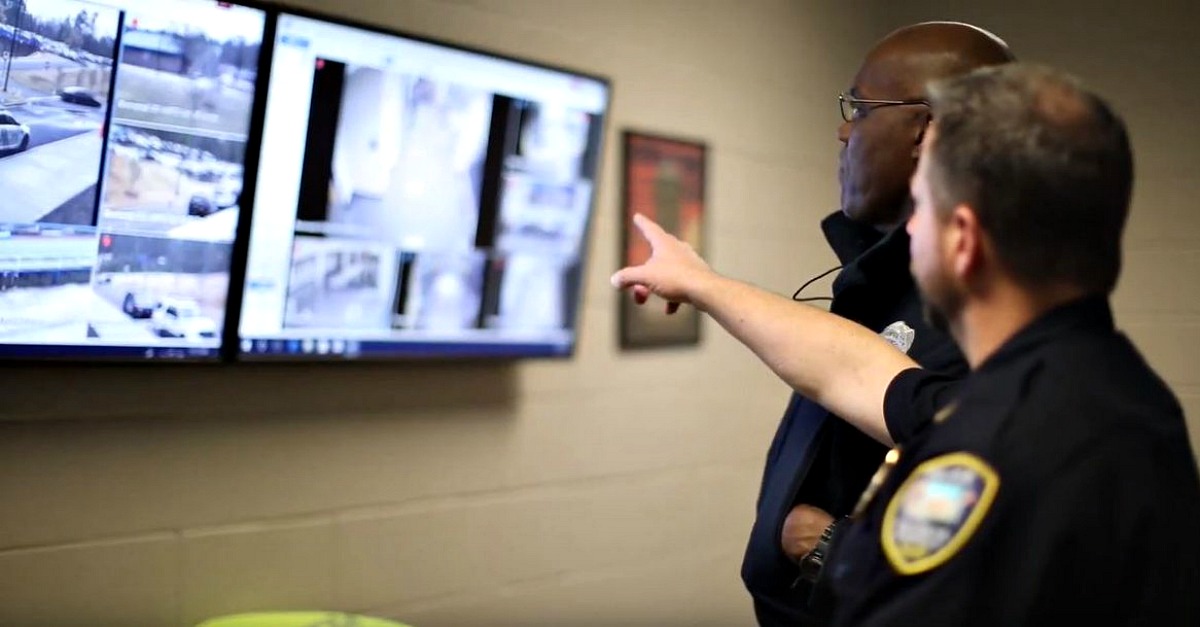
“Commenco knows the ins and outs of regulatory compliance first-hand,” says Markham. “We’ve worked in sensitive industries and environments for years, and can help businesses anticipate what’s coming around the corner. That’s especially helpful in the early evolution of a new industry, like cannabis in Missouri. Regulations will change and you’ll need to continuously stay on top of it.”
Markham points out that Commeno can retrofit an active warehouse or similar structure as necessary, but installing security systems before operations begin is always the best way to go.
“It gives us more flexibility for smarter infrastructure planning. Evaluating things like space, ceilings and walls is much easier when you don’t have to work around inventory and equipment. Ideally, your facility is completely set up and ready to go, including security, before your team begins work.”

There’s another important timing element in all of this. As Missouri begins handing out cannabis licenses, there’s going to be a scramble to implement security systems quickly. Markham expects a bottleneck.
“There are only so many security technology companies to go around. I think there’s going to be a sudden demand that could delay service for cannabis businesses who wait too long to find a good partner. Don’t put it off.”
Missouri’s security requirements go so far as to mandate tall fences topped with razor wire around outdoor growing operations. And all businesses will need to have an official security manager on staff. Those requirements may seem a bit excessive but they are the price you pay to do business in this industry.
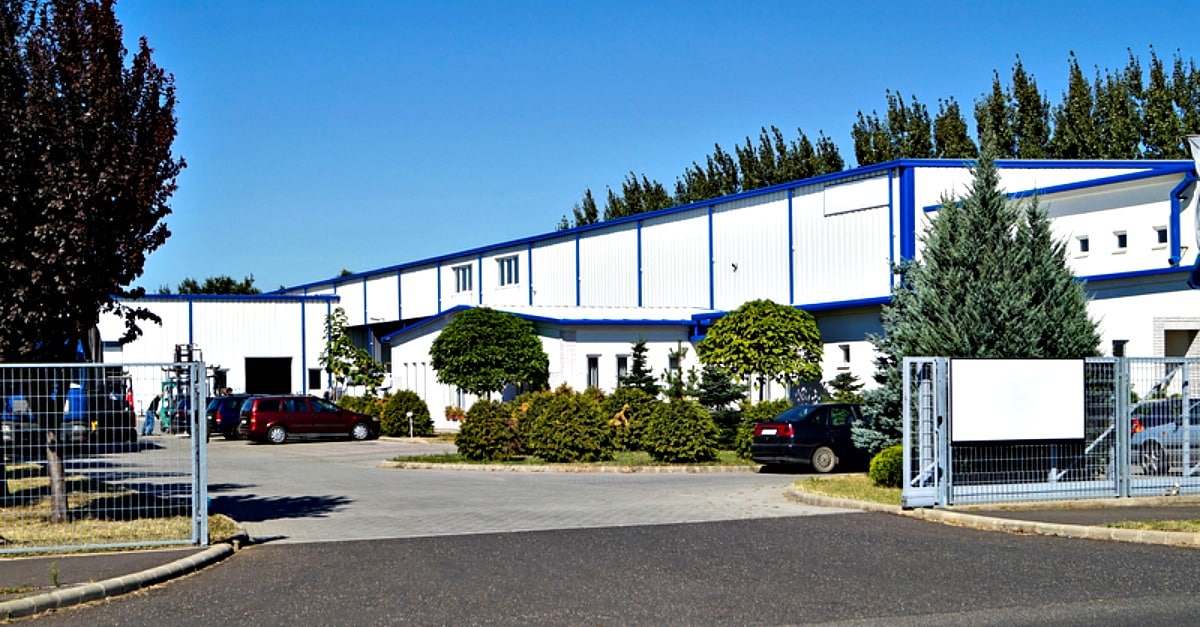
Cannabis companies that are willing to resist cutting corners and think ahead of compliance have the best chance of long-term success. And those wise enough to start off with the right partners set themselves up to experience the ‘green rush’ without interruption.
Empower your cannabis security team and comply with state regulations to protect your cannabis business before seed to sale tracking begins. Schedule a free security site walkthrough or technology demonstration today >>>





